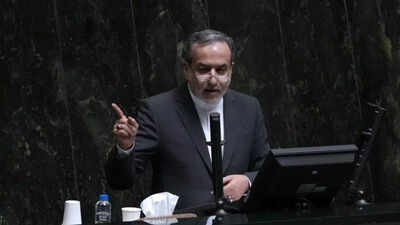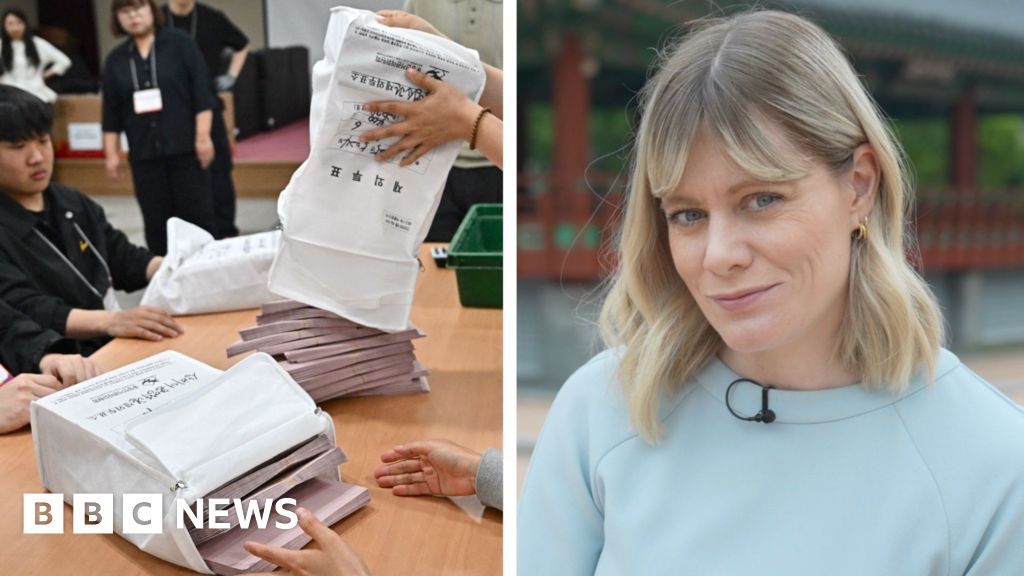
Iranian foreign minister Abbas Araghchi (AP file photo)
Iran’s foreign minister Abbas Araghchi spoke with International Atomic Energy Agency (IAEA) chief Rafael Mariano Grossi early Sunday, amid rising tensions over a confidential UN report that flagged Iran’s growing stockpile of uranium enriched close to weapons-grade levels.In a post on Telegram, Araghchi said he reaffirmed Iran’s “continuous cooperation” with the UN’s nuclear watchdog during the call. He also urged Grossi to ensure the agency is not misused by “certain parties” to pursue “political agendas against the Iranian people.” The IAEA has yet to comment publicly on the phone conversation.The IAEA report, accessed by the Associated Press, expressed “serious concern” over Iran becoming “the only non-nuclear-weapon state to produce such material.”
The report disclosed that as of May 17, Iran had stockpiled 408.6 kilograms of uranium enriched up to 60 percent — nearly 50 percent more than recorded in February. Uranium enriched to 60 percent is just a technical step away from the 90 percent level needed for nuclear weapons.While Araghchi claimed that all nuclear activities were being conducted in accordance with existing agreements and under the agency’s oversight, the report also noted that Iran’s cooperation had been “less than satisfactory,” particularly regarding unexplained uranium traces found at undeclared sites.
Responding on Sunday, Iran’s deputy foreign minister Kazem Gharibabadi pushed back against the IAEA’s concerns, stating: “So long as a country’s nuclear activities are under the IAEA’s monitoring, there is no cause for concern. The Islamic Republic of Iran is neither pursuing nuclear weapons nor does it possess any undeclared nuclear materials or activities.” He added that of the 682 inspections conducted by the IAEA across 32 countries, 493 had taken place in Iran.The Araghchi-Grossi call came shortly after Omani foreign minister Badr al-Busaidi — mediating indirect talks between Iran and the United States — met Iranian officials in Tehran. He delivered Washington’s latest proposal in an effort to revive negotiations aimed at curbing Iran’s nuclear development in exchange for sanctions relief. The most recent round of talks concluded in Rome last week with what al-Busaidi described as “some but not conclusive progress.
”

 1 day ago
4
1 day ago
4










 English (US) ·
English (US) ·